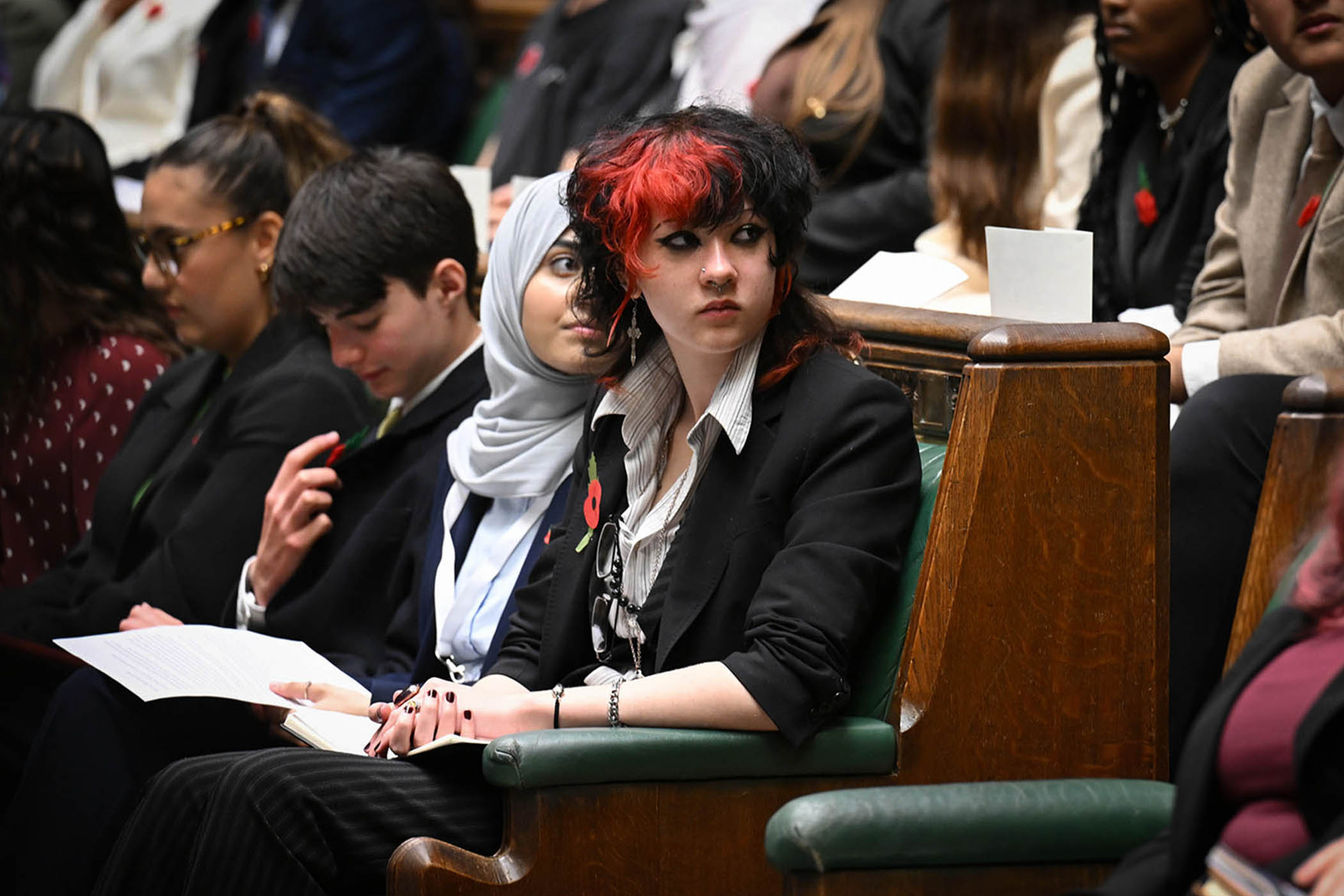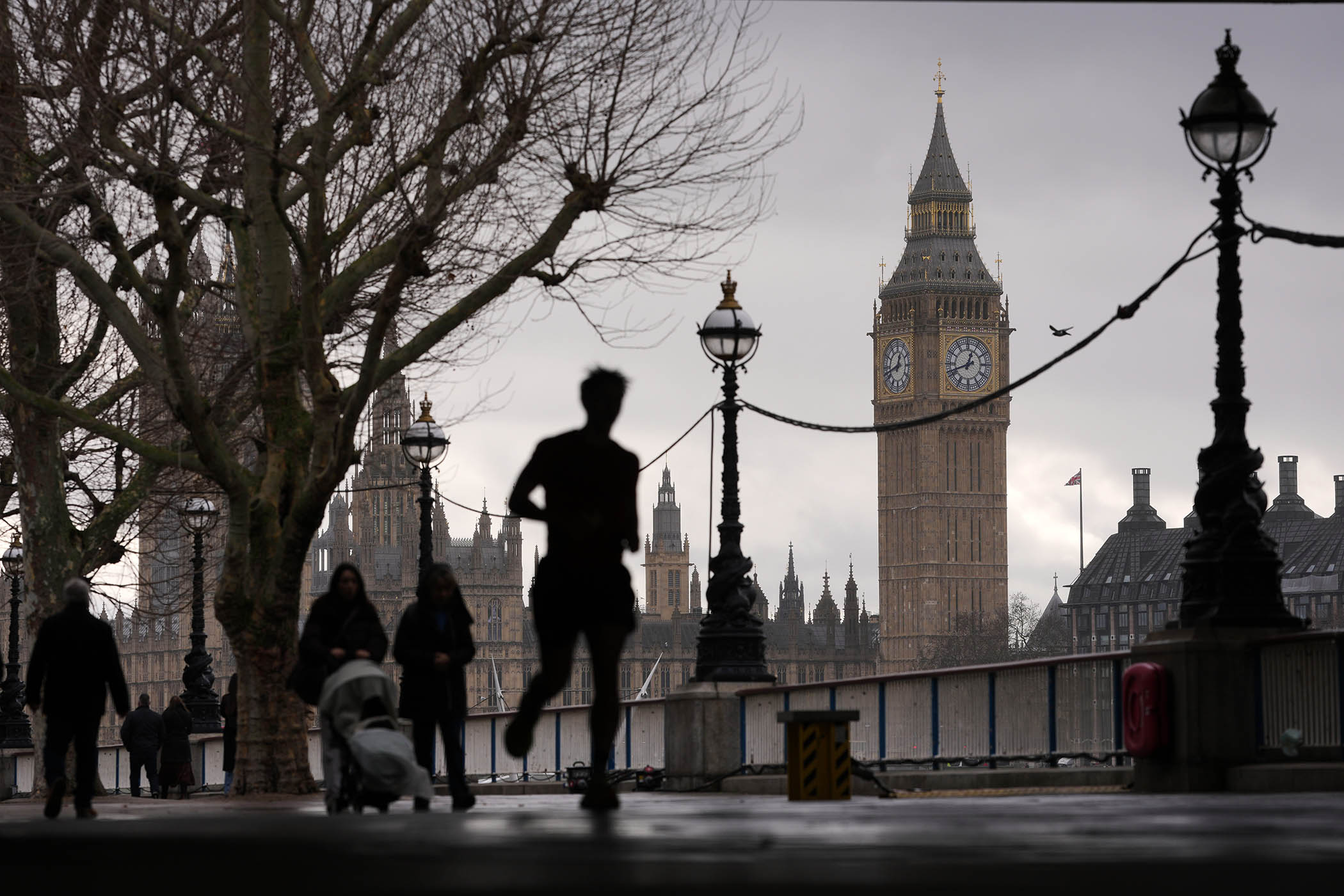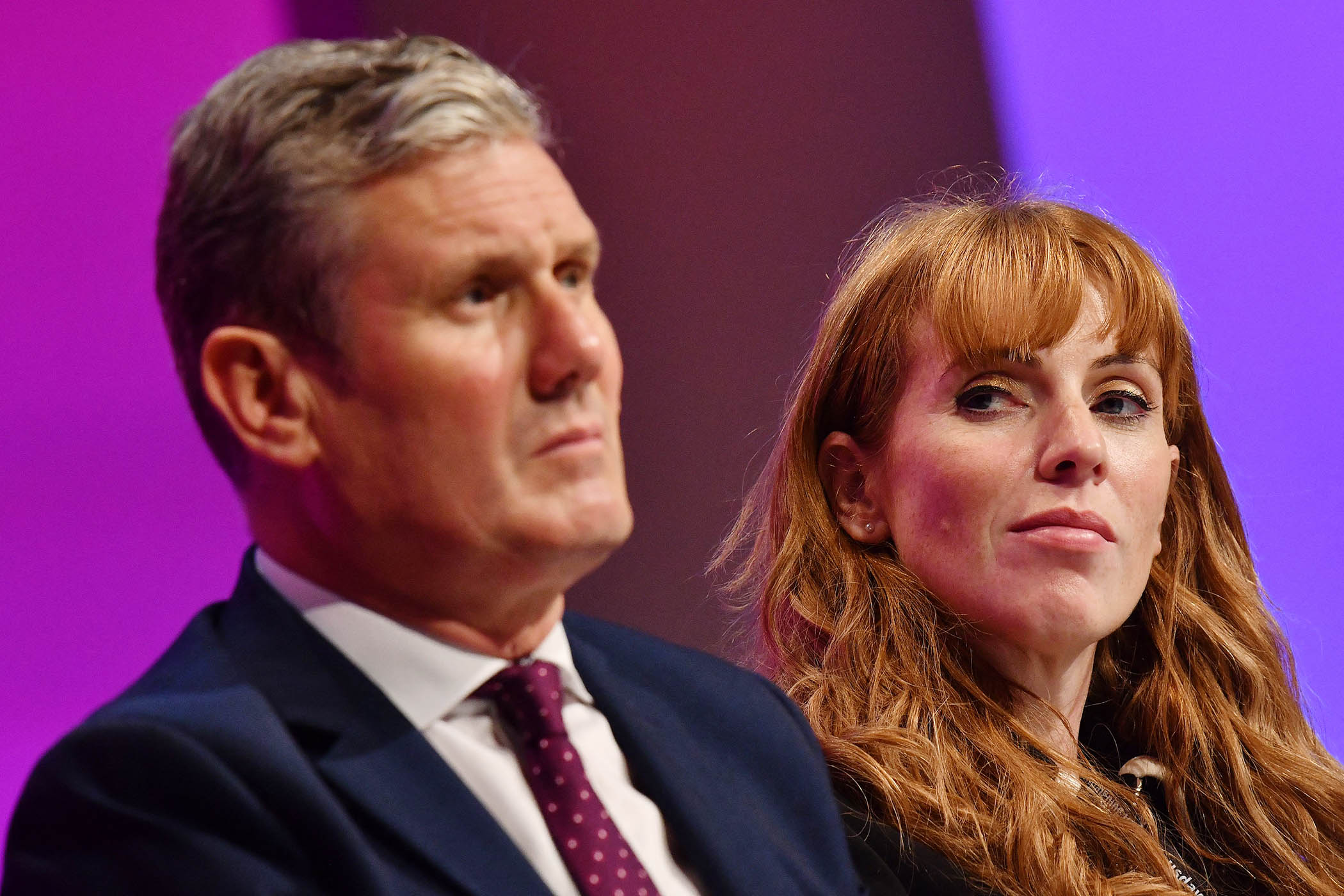There’s an old joke about a lost tourist asking a local farmer for directions to town. “Well,” comes the reply, “I wouldn’t start from here.” Rachel Reeves must know the feeling. If you were setting the budget for 26 November, you wouldn’t want to start from here.
There is a £30-40bn shortfall in the national finances. The chancellor and Keir Starmer, the prime minister, made a promise, inked in a manifesto commitment before last year’s election, not to raise any of the three key taxes (income tax, national insurance and VAT). The sharks in the markets smell blood in British waters, threatening a debt crisis if the Treasury looks like it can’t get a grip on spending and borrowing. Labour backbenchers don’t care much for Treasury fiscal discipline or Downing Street’s authority, having shied away from welfare reform, demanding the repeal of the two-child benefit cap and calling for more spending on health, education, policing and the courts.
Donald Trump has added to the bill, demanding a step change in defence spending for Nato members and, at the same time, stoking inflation and depressing global growth by launching a stop-start trade war. The Office for Budget Responsibility has made matters considerably worse, both by aggressively downgrading forecasts of productivity that add £20bn to the Treasury bill and, at the same time, offering only miserly estimates of how reforms, investment and trade deals could improve growth. The UK is, in fact, one of the two fastest-growing G7 economies this year. But it doesn’t feel like it. Inflation is still high, the cost of living, particularly food and energy, is expensive. Business leaders are generally disappointed by the government. Unemployment is worryingly creeping up.
What to do? Reeves knows what will happen if she raises income tax in the budget. She will be pilloried in the rightwing press. There will be calls from the opposition for her to resign, hammering away about broken promises and a breach of trust. She should ignore them; they didn’t want her to be chancellor in the first place. There are four reasons that Reeves should put the national interest above the manifesto commitments, party politics and personal reputation.
The first is that the world has changed. Clinging to past positions when Ukraine, Trump’s tariffs and OBR productivity forecasts have fundamentally changed isn’t credible. It’s Canutist. The tide of demands is coming in, the government has to move.
The second is that it’s an opportunity to present a principled, rather than a tactical budget – for young people, one that stands for intergenerational fairness and looks to restore people’s confidence in the future of the UK.
Many of the people around the chancellor – Torsten Bell, Minouche Shafik – have been working on these issues for years. They know the tax system has favoured the old over the young, lent more heavily on work than wealth. The proposed 2p increase on income tax and a corresponding 2p reduction on national insurance redresses that balance in favour of younger people; so too would ending the long freeze on the fuel duty escalator, opening up for fundamental reform of the wildly outdated and unfair property taxes and signalling that, in the next parliament, this government would replace the triple lock with new assurances for pensioners.
The third is that it would be a long overdue and healthy exercise in hard truths for all in politics. It starts with recognition of the calamity of Brexit, a timely reminder to Conservative and Reform MPs that they robbed the country of growth, made public borrowing more expensive, added to household bills across the country, limited the life chances of British citizens – and, oh yes, increased immigration. (David Cameron’s Conservative government is, surely, Exhibit A of putting party before country in holding the EU referendum.)
Labour MPs, too, will need to be told a thing or two about wishful thinking, that they can’t, like Andy Burnham, just hope the bond markets go away, that borrowing is cost free – that, in other words, welfare reform will have to happen. Both Labour and Conservatives might have to acknowledge that Jeremy Hunt’s imposition of taxes on non-doms might have been cathartic, but, economically speaking, it was counterproductive; a new tax treatment of international entrepreneurs and wealth creators might be unpopular with Labour, but a powerful signal on growth. And when critics say that Reeves is the first Chancellor since Denis Healey to increase income tax, it will be helpful to remind them that, in fact, every Chancellor in the last Conservative-government increased income tax on people by freezing the thresholds.
The fourth reason is simply this: it’s the right thing to do, not the political thing. The British public may vote on the intentions of politicians as set out in a manifesto, but those politicians are judged in government on their decisions. This newspaper argued in September that Labour needed to be willing to revisit its manifesto commitments on tax, because the economic evidence demands it. Since then, the case has only become stronger. Here is where we are.
Newsletters
Choose the newsletters you want to receive
View more
For information about how The Observer protects your data, read our Privacy Policy
Photograph by House of Commons



